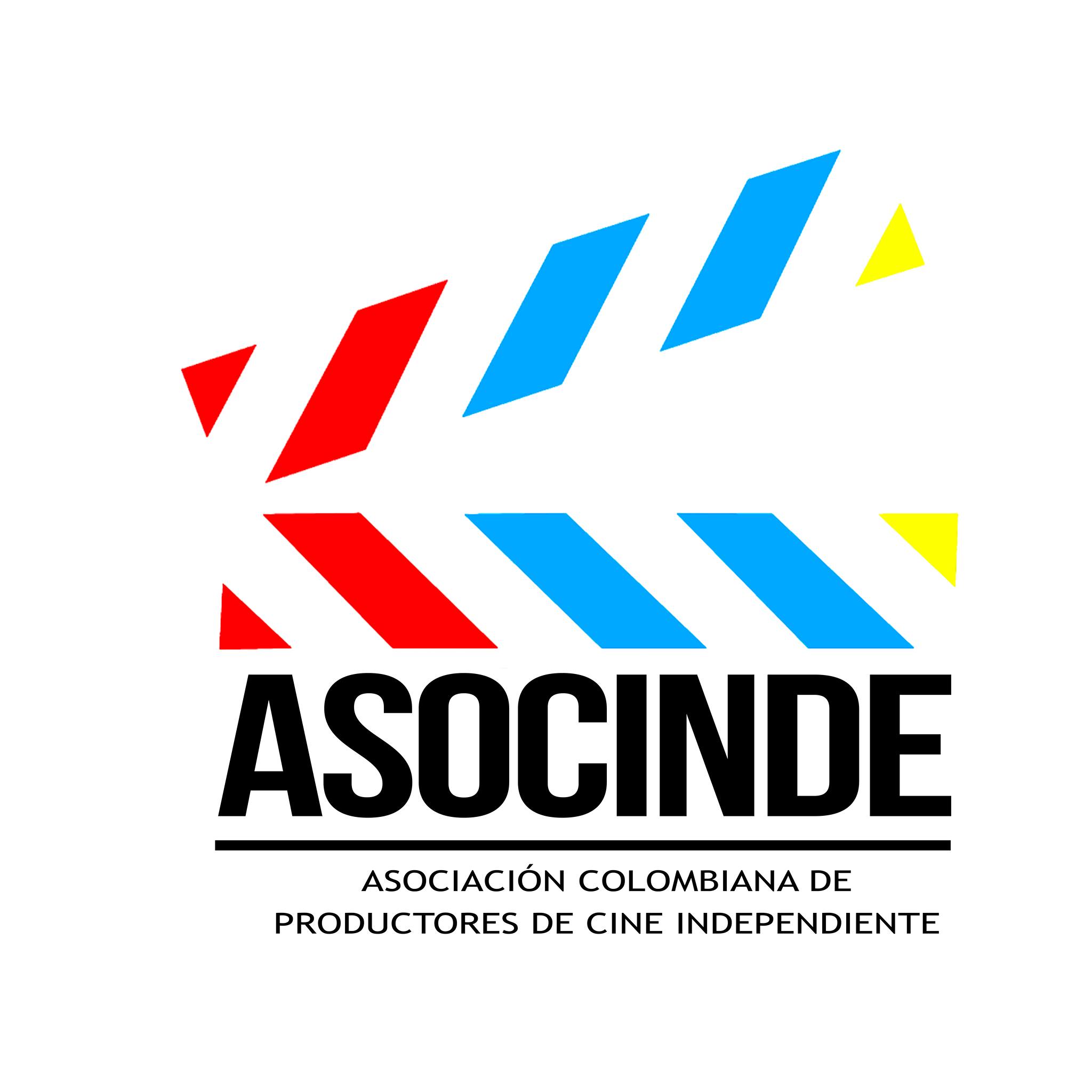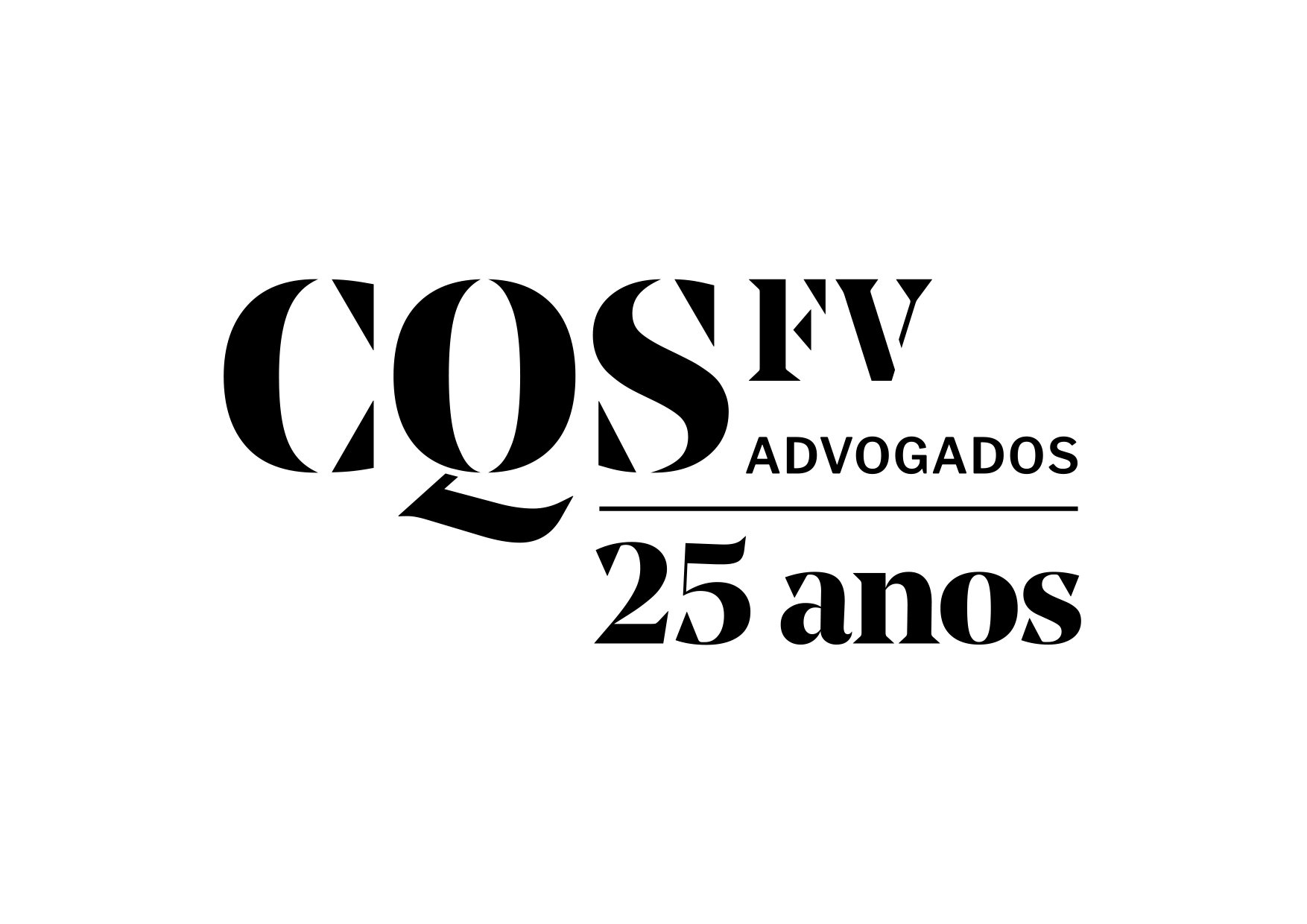In his article entitled “Guidelines for an Efficient Foreign Production Incentive in Brazil,” published on August 9th in the Revista de Cinema, Steve Solot, LATC President and Executive Director of the Brazilian Film Commission Network-REBRAFIC, explains that Brazil is one of the few Latin American countries that still does not offer a foreign production incentive.
“However, the good News is that this year the Ministry of Culture and Ancine have finally initiated a systematic process to do so through the creation of an official Working Group in the Superior Cinema Council on ‘Policies to Attract International Productions and Co-productions.’ The Working Group has already met on three occasions and has invited representatives of Brazilian film commissions to participate.” stated Solot.
The article also provides examples of other countries with successful incentives, as well as specific guidelines aimed to ensure that Brazil becomes a competitive international destination to attract production of audiovisual content, and thus realize the multiple benefits in economic development, job creation and expansion of the national audiovisual industry.
Guidelines for an Efficient and Politically Correct Latin American Foreign Production Incentive
By Steve Solot*
It is well known that in today’s international film, television and digital production scenario the first question of any producer is: “What incentive does your country offer,” a question repeated in every market and festival (Cannes, Berlin, TIFF, Rio, AFM, Ventana Sur, etc.) attended by the Brazilian Film Commission Network-REBRAFIC on behalf of its 26 film commission members.
The positive impact of international production incentives on economic development and job creation is well documented by numerous reliable sources including the Association of Film Commissioners International-AFCI, Entertainment Partners Financial Solutions-EP and Olsberg SPI Global Incentives Index. In order to capture these benefits and stand out as attractive destinations for international productions, in recent years Latin American countries have followed the global trend to create their own incentives.
Brazil is one of the few countries in the region which still does not offer such an incentive. However, the good news is that the MinC and Ancine have finally initiated this year a systematic process to do so through the creation of an official Working Group in the Superior Cinema Council on “Policies to Attract International Productions and Co-productions.” The Working Group has already met on three occasions and has invited representatives of Brazilian film commissions to participate. REBRAFIC has provided detailed information on various subjects including training, incentives, regulation, international representation and other important areas.
But what is the ideal format of an international production incentive in Brazil?
At first glance there might be conflicting interests to create such an incentive: On the one hand, any meaningful incentive implies the disbursement of significant public funds, and on the other hand, the benefits accrue specifically to the audiovisual production sector (direct impact), before spreading to other economic sectors (indirect and induced impacts).
Based on the success of European production incentive models (such as the Tax Rebate for Foreign Productions-TRIP in France, UK, Hungary), US models (such as New York and Georgia) and Latin America (such as Chile, Colombia, Dominican Republic, Panama, Mexico, Trinidad & Tobago,) and Asian APAC models (Australia, New Zealand, Singapore, Thailand) the following guidelines should be considered:
- Cash rebate or refundable/transferable tax credit;
- Minimum 5% incentive in the first year, to reach 25% in subsequent years;
- Application by local producer
- Disbursement to local producer
- Multiple incentives according to content (film, TV, OTT, digital/games)
- Transparent expense eligibility criteria
- Eligible expenses to include production, post-production, R&D
- Minimize administrative bureaucracy & paperwork
- Emphasize OTT and new media
- No required “cultural test”
- Point system with cultural elements
- Training program or workshops for local below-the-line crews
It is expected that the Working Group will take into consideration these elements as it develops a comprehensive proposal for an incentive system to ensure that Brazil becomes a competitive international destination to attract production of audiovisual content, and thus realize the multiple benefits in economic development, job creation and expansion of the national audiovisual industry.
*Executive Director, Brazilian Film Commission Network-REBRAFIC
President, Latin American Training Center-LATC
Originally published (in Portuguese) in: “Revista de Cinema”.












